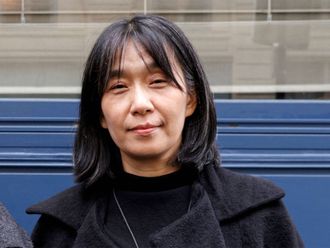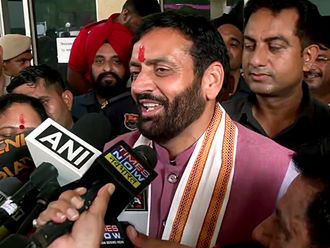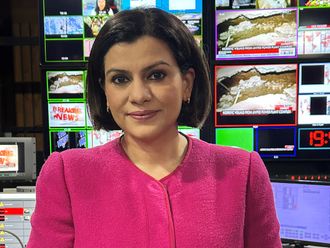The Ministry of Economy is launching a new system of monitoring prices and volume of sales of 650 commodities. This huge range of goods includes only 15 products which have been deemed essential (such as rice, wheat, sugar, flour, meat, oil, bread, eggs and bottled water) and therefore the ministry has put a price cap on them.
It seems that ministry bureaucrats will now have to determine what the ‘right' prices are for 650 types of goods. Their new electronic system will also monitor the quantity of particular goods being brought into the country, the process of their sales and whether there is a shortage. The problem is that this is taking the government into micro-managing large sections of the economy.
The government would be better off allowing competition in a free market to drive down prices. No one likes paying high prices for goods, but strong competition is much more reliable at keeping prices low than government control.
The ministry should better spend its efforts on maintaining the quality of the goods on offer, ensuring that all the goods are genuine, marked properly, and to the required standard. The task of government is to manage the market rules and make sure that they are fair, not to run the market itself.








